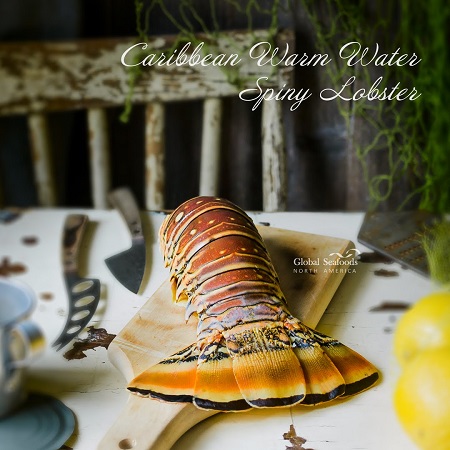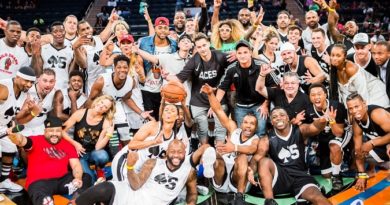An Exclusive Interview With Nikolay Nikitenko Global Seafoods President & Owner
Four years ago, the Bellevue, Washington-based seafood supplier made the decision to slowly exit the wholesale part of its business and transition to e-commerce, selling only to consumers. Global Seafoods started its e-commerce business with the goals to educate consumers about its seafood and the health benefits, as well as provide recipes and instructional videos on its website.
“Fresh seafood in the U.S. grocery stores, compared to other countries like Spain, France or Italy, is quite a poor variety. We have to introduce more fresh seafood to the market, which is an excellent source of nutrition, tastes good and the reason we started our e-commerce business. We would like to not only sell you the fish, but I want to show you how to cook it in the healthiest and most delicious way at home. Since we started the e-commerce business we have doubled our sales every year and have given consumers high-quality seafood that can’t be found in the frozen section.
Can you please tell us about you ?
My name is Nikolay Nikitenko. I have been working in seafood since 2011. I am head of sales at Global Seafoods North America. I am a graduate of the University of Washington.
What challenges are you looking for when you start fresh seafood business ?
When we started this venture we were looking for something different. An avenue of sales that was not necessarily business to business wholesale, but more retail.
How does Global Seafoods adhere to its values and mission while also stay staying competitive? Is there a unique business model that you use?
Quality is a key factor in our mission statement. The difficulty with that is with wild seafood the prices fluctuate and can go up quite a bit season to season. We have been offered cheaper substitutes for our store, such as highly processed Chinese seafood, but the quality just isn’t there. That is why we have a simple rule, we will never sell seafood coming out of China. There are too many quality factors and risks there. The best part is our customers understand that goal and support us in it.
Are there any unique challenges for sustainability in the food/fishing industry?
In the US we have so many rules and regulations that we follow with sustainability that it almost becomes a hinderance on our ability to stay competitive. I’m not implying that sustainability is a bad thing, on the contrary it is vital for our industry to be sustainable. But when other countries don’t follow the same rules as we do and then freely flow their product into the US for cheaper prices it becomes an unfair market. You either end up having to have higher prices, have to make a smaller profit, or both.
Tell me a suggestion you have made that was implemented in this seafood field?
Once again we only work with companies that hold a high standard in production practices and we simply exclude working with companies based in certain countries so that we do not contribute to the demand of cheap and unsustainable seafood.
What do you think is the future of sustainability, particularly relating to the food/fishing industry?
It is a vital factor in our industry. If we don’t fish sustainably then our grandchildren will only hear stories of fishermen and fish markets because there won’t be anything left to fish. What I think needs to happen is the US needs to ban import of all seafood that cannot be traced and proven to have been sustainably caught. Until that day comes you www.globalseafoods.com
How can we found you on social media ?
Facebook : www.facebook.com/globalseafoodsna.
Twitter : https://twitter.com/GlobalSeafoods
YouTube : hyoutube.com/channel/UC-Zl4O1kGhguTh3lpiD41oA
Instagram : https://www.instagram.com/global_seafoods/





